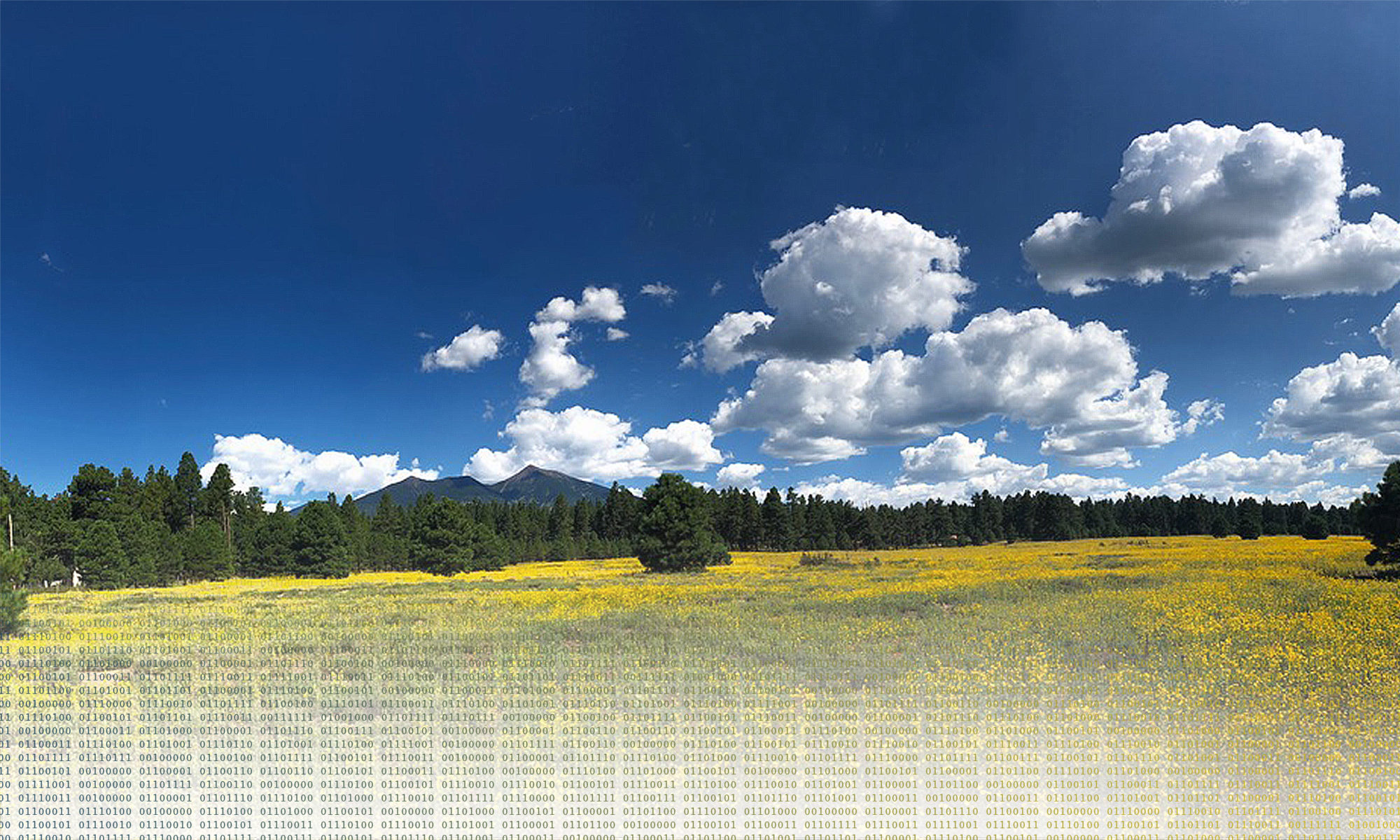Title: Increasing wildfire severity stimulates carbon storage in Alaskan boreal forest
Abstract: In the boreal forests of North America, climate warming is shifting the wildfire disturbance regime to more frequent, intense fires that burn more deeply into organic soils, releasing historically sequestered carbon (C) to the atmosphere. Fires drive both immediate and decadal changes in C dynamics, so the potential for fire to destabilize C storage must be considered in the context of long-term ecological change. Here we show that fire-induced shifts in dominant plant species of Alaskan boreal forests can compensate for fire-driven losses of surface soil C. Severe burning of organic soils shifted tree dominance from slow-growing spruce to fast-growing deciduous species, resulting in a net increase in C storage over the disturbance cycle. Lower flammability and fire severity in a future boreal forest dominated by deciduous trees could protect these C pools and increase their tenure on the landscape, resulting in a negative, mitigating feedback to climate warming.

